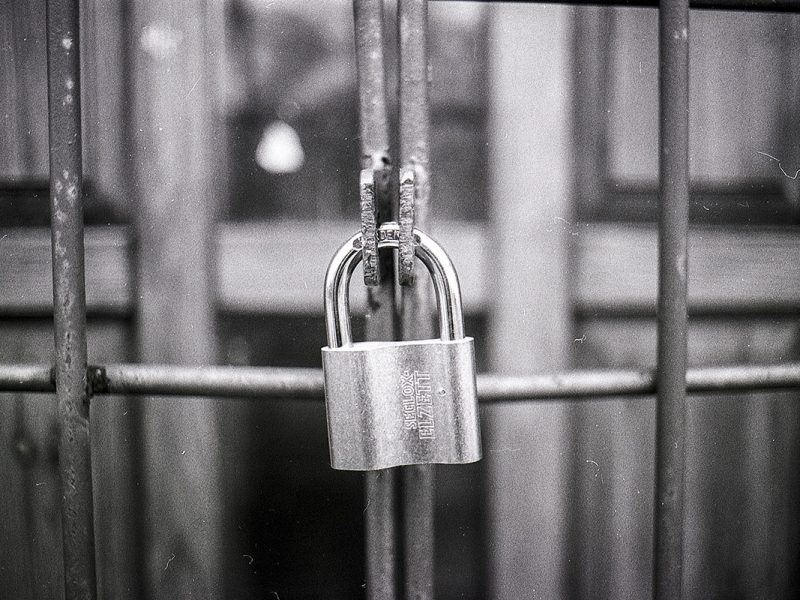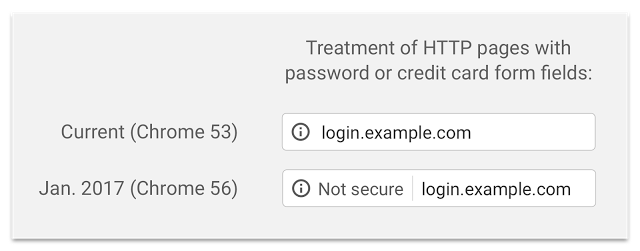Is your website protected?
July 4, 2017

Reading Time: 3 minutes
Security matters. Especially when it comes to your website.
When your website is often the first point of contact with your customers, it needs to be an easy experience, and most importantly, safe. Your website visitors will be careful when it comes to giving their personal information, so knowing that your website is safe gives them a sense of security and comfort in sharing information with you. Having an SSL Certificate on your site helps you achieve just that.
What is SSL?
SSL (Secure Sockets Layer) is like an online ID that verifies your identity and assures visitors that you are who you say you are. The technology encrypts any data that goes to and from your site, keeping it secure from outsiders.
Why do you need SSL?
It’s a big deal when you’re dealing with sensitive information like contact details and credit cards, so you want customers to feel confident when they’re entering personal information on your site. If they don’t feel safe, they won’t want to do business with you.
Have a look at your navigation bar above and you’ll see a padlock. You may also notice the https:// instead of http:// – the padlock and the extra ‘s’ means our website is secured with SSL and any data you put into our site will be protected. When your site visitors see that, they immediately feel safer.
Changes from Google
Starting this year, Google is now pushing to use https connections for all its traffic, and has begun to label any http websites that collect sensitive information as ‘Not Secure’, looking like this:

You don’t want users seeing that in their address bar…
Plus, having SSL benefits your SEO too. SSL is now part of Google’s search ranking algorithm where https is used as a ranking signal and websites with it rank higher than those that don’t. It may be a small factor, but could be just enough to bump you up above a competitor.
How can you get an SSL certificate?
Get in touch with the web team at ninetyblack and we’ll figure out which certificate is best for your website. Call us on 0800 90 25 22 to find out.
What are the different types of SSL Certificates?
Here’s a breakdown for those of you interested in the technical details…
| Domain Validation | Organisation Validation | Extended Validation |
| These are the most common type of SSL certificate, and are verified only using the domain name.
|
This requires more verification than Domain Validation and provides more trust. These will verify the actual business and lists the organisation name on the certificate, confirming that both the website and company are reputable. | EV provides a higher level of security, the maximum amount of trust to visitors, and requires a high level of verification and documentation to validate. This gives the website a green address bar and visually shows that the site has an EV certificate. |
|
|
|




